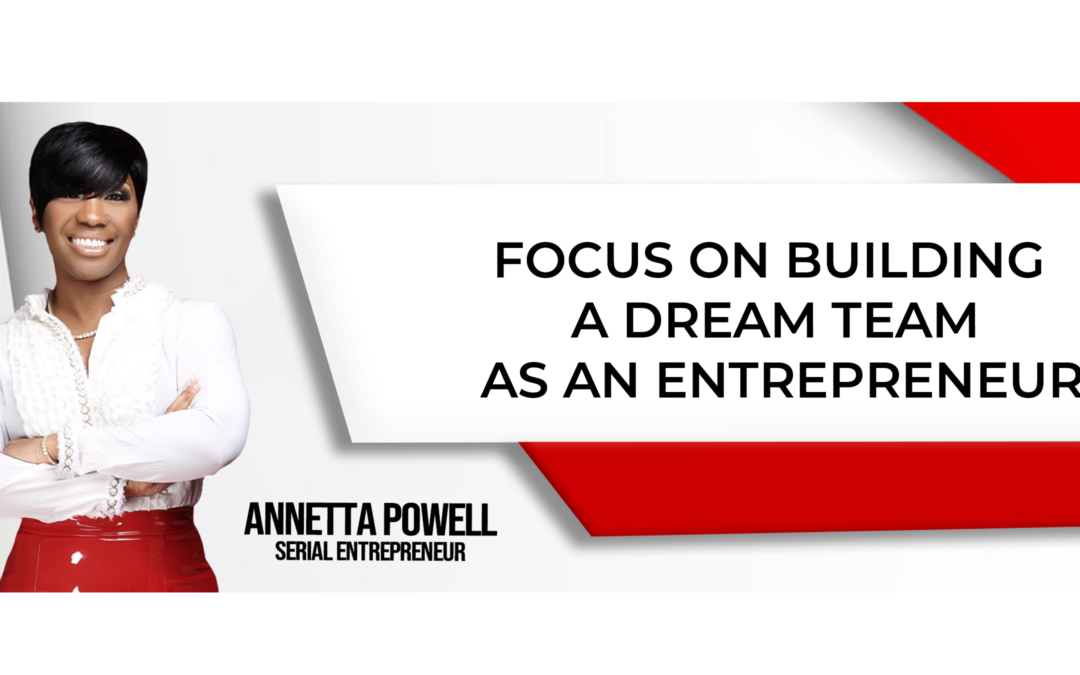Since you are here, you have already taken the first leap of faith of being passionate about your dream and vision to create a difference in this world. You are all set to resolve societal problems by launching a product or service. But wait, what goes into building a dream team?
It’s a question that bugs almost all entrepreneurs since they can’t do all the operations, administration, finances, and development work. Building a dream team is one of the most daunting tasks entrepreneurs face as they need to hire people who support and expand their cause besides bringing in the right expertise.
Keep reading to learn how successful entrepreneurs build dream teams and launch commercial products or services.
Create a Team List
Since entrepreneurs can’t run startups alone, it’s best to begin with the basics by creating a list of tasks that they need to delegate:
- Website and application developers
- Social media marketing
- Administrative staff
- Copywriter and content creator
- Graphic designer
- Financial accountant
- Data scientists and analysts
- Human resources
- Scrum master
A pro tip: It’s best to begin with a bunch of people in your team to begin the operations, as you aren’t expected to hire hundreds of staff in the initial phase.
The next question that arises is when to hire more people. Once the startup reaches breakeven and fulfills the following two requirements, you can expand
your existing team:
- Geographical operations expansion.
- Increase in products’ length, breadth, or width.
Intelligent Hiring Philosophy
The investors believe in your dream and passion; however, they may not give the same value to your team. Hence, you need to devise a detailed job description to hire the right talent pool that brings in the suitable knowledge base and expertise to develop the product for commercial roll-out.
Let’s understand the concept with the example of the famous Japanese benihana, a form of artistic live cooking. In this case, the restaurant owner can only hire a skilled chef with expertise and experience in live cooking while entertaining the guests. Hence, you can’t hire any other chef who doesn’t understand Japanese cooking or has the desired training to be a part of benihana.
Similarly, you should have a comprehensive recruitment process comprising aptitude and technical tests along with a series of interviews with the relevant managers and HR.
Training
Entrepreneurs focus so much on the hiring process that they often forget to train the employees regarding the startup ecosystem and the latest technology. Sadly, the co-founders keep themselves updated with the latest trends while the team is busy with daily development and operations tasks.
It often leads to a gap between the team and the founder’s vision that can severely disrupt the startup operations and scaling.
The key here is to offer periodic training to employees regarding
- Startup culture
- Latest technology
- Cross-team operations
- Agile operations
For instance, you can have inter-team training allowing the employees to understand different operations. Conversely, you can hire outside trainers to teach the in-demand skills to the teams.
Spotify Dream Team
All aspiring entrepreneurs take notes from Spotify to implement the advanced scrum methodology. This way, you can achieve the following objectives by establishing an agile culture:
- Team autonomy
- People Culture
- Project vision
- Self-contained working
- Stakeholder management
- Convenient scalability and rollout
- Decentralized teams
Spotify has autonomous teams with product owners and agile coaches to work independently and roll out the new version by following the established standard procedures.
You don’t necessarily have to copy what Spotify does exactly, but you can certainly take inspiration to create your own startup culture that works for you. The goal of discussing Spotify is to develop Agile and independent teams that work efficiently.
Starting Building A Dream Team Today
An entrepreneur should think like Henry Ford by hiring and relying on domain knowledge experts. Did Henry Ford fail in his business? No one thinks so.
No one expects entrepreneurs to be the jack of all trades; instead, they are generalists and leaders who understand the operations. But, most importantly, they know how to lead a team with an example, passion, and vision for a better world.


Recent Comments